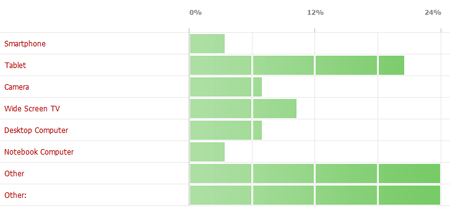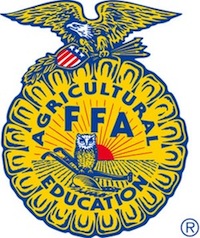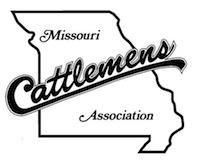 To help give producers easier access to important farm and field information through their mobile device, John Deere introduces John Deere Mobile Farm Manager. The application, which can be downloaded free from the Apple Store, is compatible with iPad and iPhone mobile devices and connects to customers’ Apex farm management software.
To help give producers easier access to important farm and field information through their mobile device, John Deere introduces John Deere Mobile Farm Manager. The application, which can be downloaded free from the Apple Store, is compatible with iPad and iPhone mobile devices and connects to customers’ Apex farm management software.
Mobile Farm Manger has several functions that producers will find useful including field maps, historical reports, GPS tracking, field navigation and soil sampling grids.
In addition, customers with Mobile Farm Manager can share agronomic information with ag service providers, farm managers and other advisors as needed. This streamlines the communications process and helps ensure the accuracy of various applications and production practices.
To activate Mobile Farm Manager, customers should contact their John Deere dealer to purchase and receive their activation code, which they can enter into Apex. The activation allows the transfer of data stored in Apex to the devices with Mobile Farm Manager.
To learn more about Mobile Farm Manager, see your local John Deere dealer or visit them on the web.










